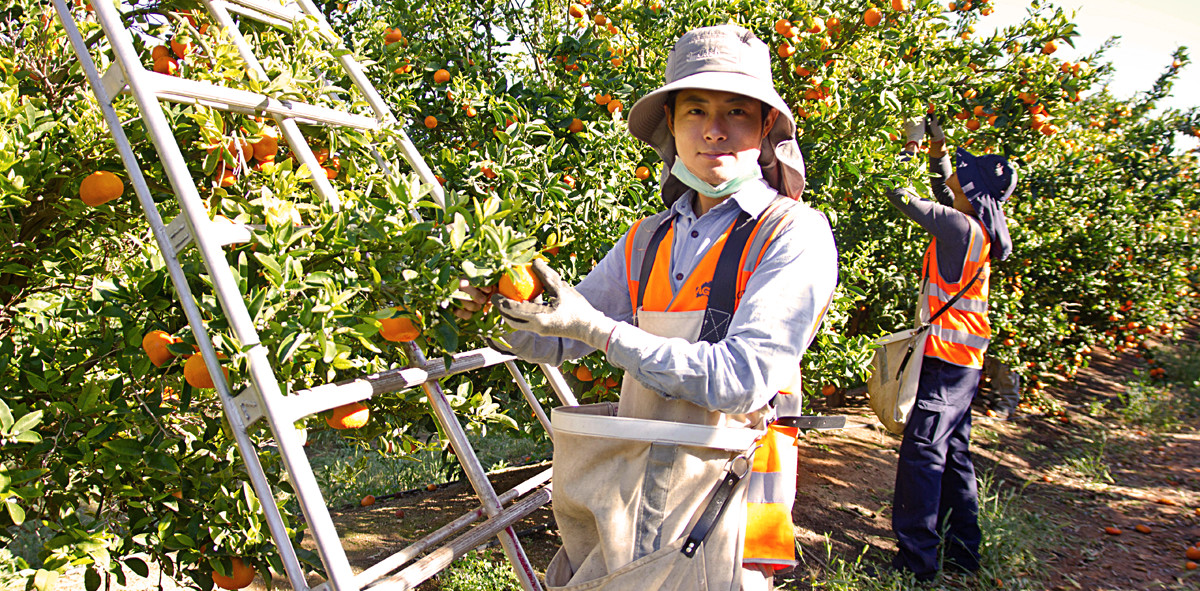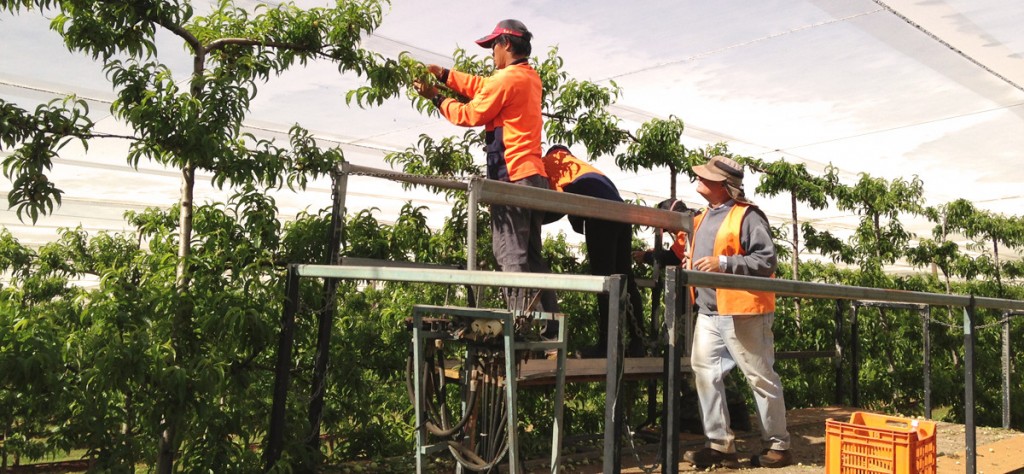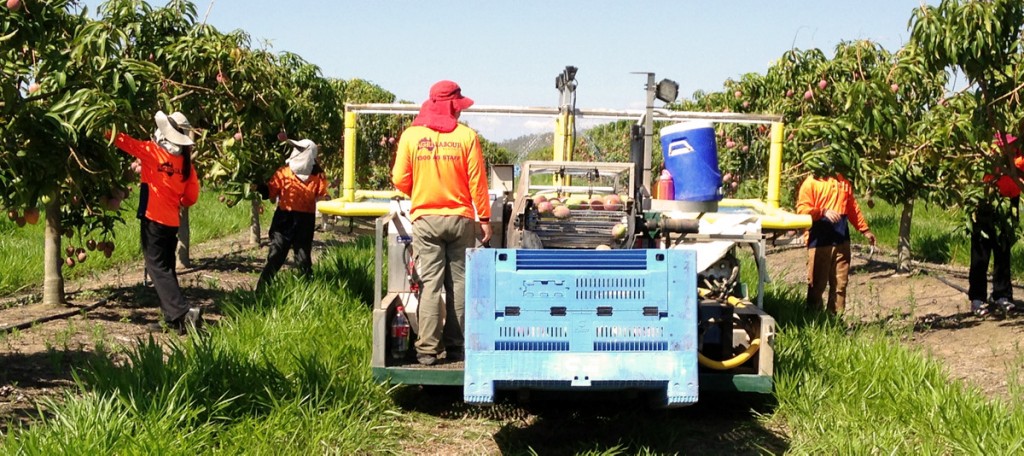Rural employers and Working Holiday Visa holders are concerned about proposed Working Holiday Visa income tax changes.
Proposed changes to the income tax rules for the Working Holiday Visa (WHV) announced in the last Federal Budget sparked outcry among both Working Holiday Visa holders and the sectors who employ them the most – Tourism and Agriculture.
As the 1st of July 2016 approaches, we outline the changes, the expected effects, and the potential outlook for rural employers.
THE CHANGES: A SUMMARY
No more tax-free threshold
Previously, backpackers who were residents for tax purposes (they lived and worked in Australia for more than 183 days) weren’t required to pay tax for the first $18,200 they earned.
Higher tax rates
Once they’d earned $18,200 or more, they paid 19 cents on every dollar above this figure, following standard resident-status tax rules. If the proposed changes are passed, from 1st July 2016 they will be paying 32.5 cents from the very first dollar they earn.
No more resident status
Because they will be taxed as non-residents regardless of how long they stay, backpackers will no longer benefit from trying to reach the 183-day requirement.
WHAT WORKING HOLIDAY VISA MAKERS CURRENTLY CONTRIBUTE
As noted by ATEC Managing Director Peter Shelley and others, backpackers visiting Australia on 417 visas spend $13,000 during their time here. Annually, this equates to around $2.6 billion in economic injection.
These working holidaymakers also provide much-needed labour to remote Australia, particularly to the agricultural and hospitality sectors.
Thanks in no small part to the 88-day rural requirement (to qualify for a second year on their visa, they must do at least this much rural work), backpackers have proven to be an appreciated source of motivated labour for the rural, hospitality and tourism sectors.
THE DEBATE
The response to these tax changes – from both the public and the stakeholders – has been largely pessimistic.
That’s not to say that the potential contributions from working holidaymakers won’t contribute much-needed tax dollars, but many still see the changes as a short-term solution with long-term ramifications.
Tourism & Transport Forum CEO Margy Osmond called the move a “backward step” and an “own goal”, saying it would “damage Australia’s international reputation.”
The general sentiment elsewhere is similar, with many commenters and even politicians complaining that this policy is effectively penalising backpackers for not being residents.
Some have called the proposal a short-sighted money grab that doesn’t consider the long-term detriment to Australia’s international appeal as a working holiday destination.
We must note that 417 visa holders are working holidaymakers – not just workers. The idea of the visa is to enable them to supplement their travel funds while experiencing Australia. While some suggest that taxing them at a non-resident rate is simply a reflection of the fact that they are indeed visitors, others suggest that it will impact their desire to come to Australia in the first place.
The actual effects of this policy change remain to be seen – and with a new treasurer now in office, who knows if things will revert to the way they previously were.
THE IMPACT ON RURAL AUSTRALIA
As mentioned before, the 88-day requirement has been a boon to the agricultural industry.
We are lucky to live in a country where travellers are so in love with it that they will happily spend three months (or more) living out in remote areas, performing often difficult and strenuous work.
Along with the ongoing exodus of working-age Australians from rural areas, these travellers have helped to revitalise rural communities while offering affordable labour to our understaffed agricultural producers.
It has been suggested that a reduction in these WHV staff will cause a reduction in labour availability, which will in turn impact farmers and farming communities.
This theory makes sense on the surface, but we simply won’t know until we get the figures back from Immigration and the ATO next year.
Anecdotal reports do however show that backpacker-focused online forums and social networks immediately latched onto news of the ex-Treasurer’s proposed changes, but again, we can’t comment on the real-world consequences until they occur.
The Agri Labour Australia team are more than aware of the current rural labour shortage, so it concerns us when things like this come up. But that doesn’t mean there are no solutions.
No matter what happens in the halls of Canberra, we will continue to work on and develop new opportunities and alternatives for remedying the agricultural labour shortage.







